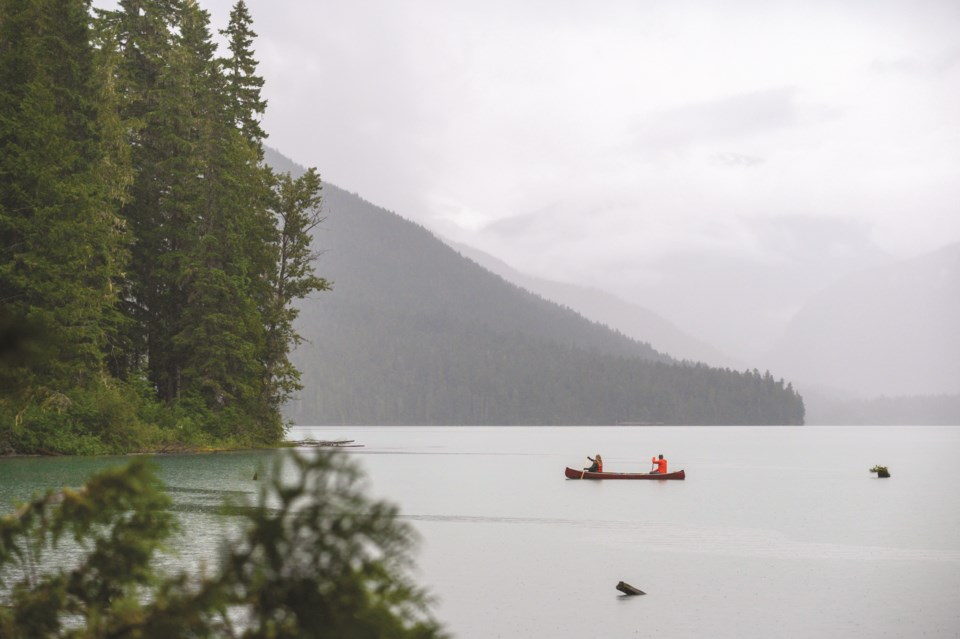As the founder and CEO of Firecircle, Canada’s only digital tourism and hospitality entrepreneurship accelerator program, Deneen Allen has her finger on the pulse of the industry.
Firecircle’s latest project, Transition to Tourism Entrepreneurship (TTE), a fully funded business development and mentorship program, was inspired by the barriers to Indigenous, rural and remote tourism development in Canada, and the need to improve accessibility to resources and mentorship in the sector.
Funded in part by the federal government, and supported by the Indigenous Tourism Association of Canada, the TTE program offers training and mentorship—valued at more than $5,000 a person—to 1,000 aspiring entrepreneurs and established small businesses in the tourism and hospitality fields.
Asked what the biggest obstacle to remote and rural tourism operators is at present, Allen didn’t hesitate.
“Definitely knowledge. The farther north you get, there is a lack of understanding of the free market and the simple dynamics of supply and demand, and those are foundational to understanding the mechanics of business in any country, in any free-market economy,” she said. “That’s simply from the way most of those economies are operated: a lot of subsidization, not a lot of competition. There’s just a very small population base, so there aren’t a lot of points of reference for a new business operator to look around and emulate something or aspire to do something.”
Other major hurdles Allen finds are not exclusive to tourism and hospitality are financial illiteracy and a lack of proper business planning.
“Even for veteran operators wondering what is going sideways or what could be better, when was the last time they visited their business plan at the 15,000-foot level and took a look at what’s happening in the next five years, and set goals?” she said. “Are they living their best brand story? Are they executing everything at the level they should be in terms of operations and physical design?”
Whistler businessowners still dealing with rebounding, post-pandemic visitation levels and struggling to fill vacant staff positions may not have the time or capacity to plan that far ahead, a longer trend that goes back even before COVID-19, Allen posited.
“A lot of businesses were struggling before COVID, and then COVID sent them into a tailspin, so there is a strengthening of your business that is worth the time and the effort of just pausing, even if it’s just 15 minutes a day to learn something new that is going to help you either turn your business around or reposition it for a healthier future,” she said.
The pandemic also afforded many entrepreneurs the time and space to reconsider their business, and many have leaned into two growing trends in the tourism sphere: wellness travel and outdoor recreation.
“Wellness tourism was on a vertical trajectory before COVID, but the number of businesses we’re onboarding right now who are interested in wellness tourism in all its shapes and forms is really incredible,” Allen said. “A lot of our Indigenous entrepreneurs are approaching their tour business from a wellness perspective. Even non-Indigenous entrepreneurs are doing things like forest bathing and forest-to-table spa treatments.”
The booming wellness trend is also shaping how outdoor recreation is offered.
“Outdoor recreation and hospitality is exploding. There are a lot of camping businesses, a lot of glamping businesses, in our program, as well as medicine walks and tours,” added Allen. “The wellness piece is, I think, really at the forefront of almost everything we’re seeing right now.”
Learn more at .



